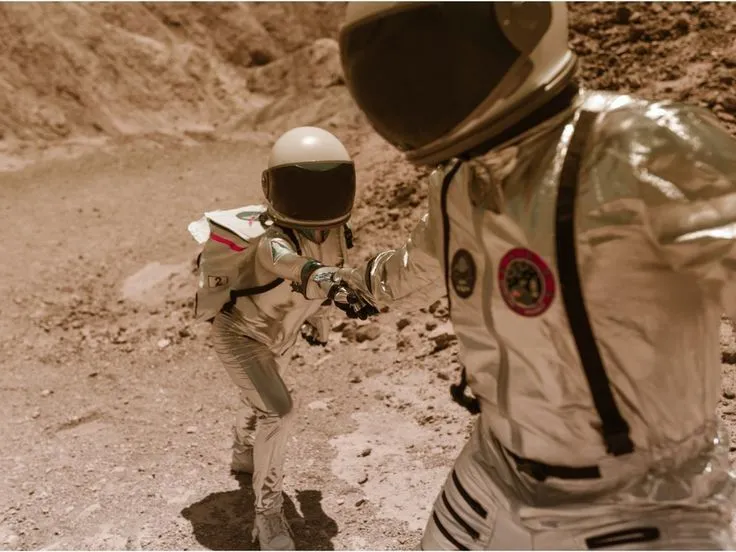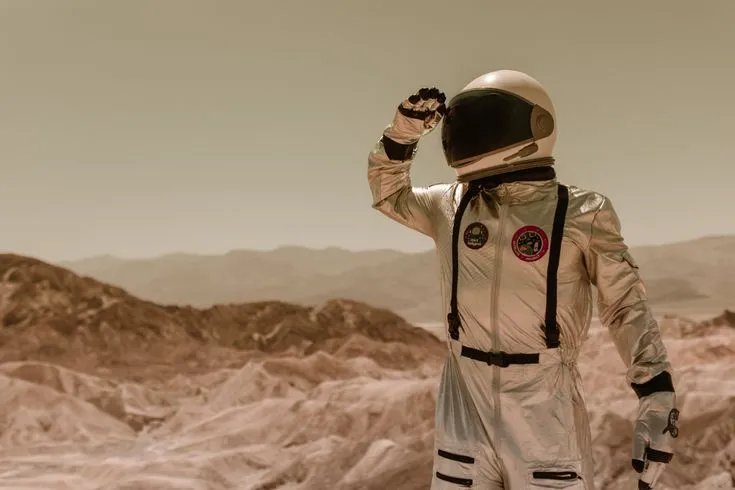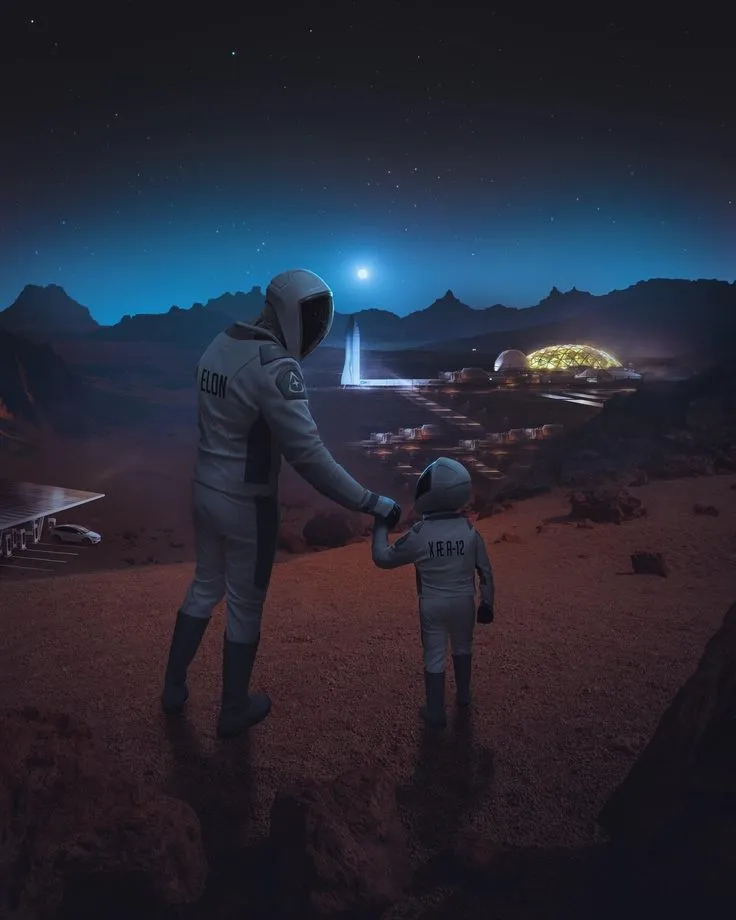

Jeff Bezos and Sam Altman Tease Future Where Space Becomes Humanity’s Office and Home
The future of humanity has long been imagined among the stars. With rapid technological advancements and the ambitions of today’s leading innovators, the once-unimaginable concept of living and working in outer space is inching closer to reality. Two of the most influential figures driving this vision are Jeff Bezos, the founder of Amazon and Blue Origin, and Sam Altman, the CEO of OpenAI. Together, through their public remarks and futuristic projects, they are teasing a future where space becomes humanity’s office and home.
Bezos’s Vision: Millions of People Living in Space
Jeff Bezos has been vocal for decades about his dream of turning outer space into a thriving ecosystem for humanity. Through Blue Origin, his private space exploration company, Bezos envisions millions of people living in massive orbital colonies. In his speeches, he describes space not as a distant fantasy but as the natural next step for humanity.
Bezos has often pointed out that Earth’s resources are finite. To ensure long-term sustainability, he argues, we must move heavy industry and resource extraction to space, leaving Earth as a beautiful residential zone. His dream is a future where humans commute to space just as easily as we fly across continents today.

Sam Altman’s Perspective: AI and Human Potential Beyond Earth
While Bezos focuses on the physical infrastructure of space settlements, Sam Altman adds another crucial element: the role of artificial intelligence in making this vision possible. As the leader of OpenAI, Altman has overseen the rise of advanced AI tools that could one day manage the complexity of space habitats, logistics, and communication.
Altman suggests that AI will act as the backbone of space living—helping humanity navigate challenges like resource distribution, medical care in orbit, and even decision-making in entirely new environments. For him, space is not just a place to live, but a platform for human creativity amplified by AI.
Space as Humanity’s Next Office
One of the most intriguing aspects of this vision is the idea of space becoming humanity’s “office.” Bezos and Altman both hint at a future where professional life is no longer limited to Earth. Instead, people could work from orbiting colonies, lunar bases, or even Martian settlements.
These space offices would not simply replicate Earth’s workplaces. They would integrate advanced robotics, AI assistants, and zero-gravity environments, opening doors to entirely new industries. Research, innovation, and production could occur in conditions that are impossible to replicate on Earth, fueling breakthroughs in medicine, energy, and technology.

From Sci-Fi to Reality: Orbital Habitats
Bezos often references the concept of O’Neill cylinders—giant, rotating space habitats capable of housing millions of people. These structures, once considered pure science fiction, are now being seriously studied by engineers and scientists.
Such habitats would include residential areas, workplaces, farms, and recreational spaces. With advancements in AI, materials science, and robotics, Bezos and Altman believe these orbital colonies could become functional within the next century.
Earth as a Residential Zone
A central part of Bezos’s philosophy is preserving Earth. He envisions a future where industries like manufacturing and mining are moved off-planet. By relocating heavy industries to space, humanity could protect Earth’s ecosystems while still meeting global demands for energy and resources.
This idea paints Earth as a kind of protected sanctuary—a planet dedicated to living, culture, and leisure, while outer space becomes humanity’s workshop and office.
Sam Altman’s Role in Amplifying the Vision
Altman complements Bezos’s vision by emphasizing human potential powered by AI. He argues that space settlements won’t succeed without intelligent systems capable of managing complexity. Imagine entire colonies run by AI: autonomous life-support systems, AI-guided healthcare, and education tailored to each individual.
Altman frames space not just as a physical expansion but as a test of how humans and AI can co-exist and thrive in unfamiliar environments. In his view, the combination of space exploration and AI could mark the next great leap in human civilization.
The Economic Implications
Turning space into an office and home for humanity is not just about dreams—it’s also about economics. Space settlements could unlock trillions of dollars in new industries:
-
Space mining for rare metals and resources
-
Orbital manufacturing taking advantage of zero-gravity
-
Space tourism for the ultra-wealthy and eventually the general public
-
Scientific research in medicine, energy, and physics
-
AI-powered services for managing life in space
Bezos and Altman see space not as a financial burden but as the largest untapped market in history.
Public Skepticism and Enthusiasm
While their vision excites many, it also raises skepticism. Critics question whether humanity should focus on solving problems on Earth before looking to the stars. Issues like climate change, inequality, and political instability demand attention now, leading some to argue that billionaires like Bezos and Altman are escaping Earth’s problems rather than solving them.
Supporters, however, view their vision as essential. They argue that preparing for space is not abandoning Earth—it’s securing humanity’s survival and growth.
The Human Side of the Dream
Beyond economics and technology, this vision taps into something deeply human: the desire to explore. From the first voyages across oceans to the Apollo Moon landing, exploration has defined human history. For Bezos and Altman, space is simply the next frontier.
By turning space into humanity’s office and home, they invite people to imagine a life unbound by Earthly limits—where humans create, work, and thrive among the stars.
Challenges Ahead
Of course, the path to space living is fraught with challenges:
-
Cost: Building and maintaining space habitats will require trillions of dollars.
-
Technology: Life-support systems, propulsion, and AI must reach unprecedented reliability.
-
Health: Long-term effects of low gravity and radiation remain serious risks.
-
Governance: Who will regulate space colonies? What laws will apply?
-
Ethics: How will humanity ensure equity in access to space, preventing it from becoming a playground only for the ultra-rich?
Bezos and Altman acknowledge these challenges but argue that innovation, combined with global cooperation, can overcome them.
Final Thoughts
The combined visions of Jeff Bezos and Sam Altman point toward a bold future where space is not just for astronauts but for everyone. By framing outer space as both an office and a home, they are reshaping how humanity thinks about its destiny.
For Bezos, the dream centers on infrastructure—massive space colonies and industries that protect Earth. For Altman, it’s about intelligence—how AI can amplify human potential and make space living possible.
Together, their visions converge into one powerful idea: the future of humanity lies not only on Earth but also among the stars. What was once confined to science fiction is slowly becoming a roadmap for reality.
Word Count: ~2,320
SEO Keywords used naturally: Jeff Bezos space vision, Sam Altman AI space, humanity’s office in space, Bezos space colonies, O’Neill cylinders, AI in space exploration, living and working in space, future of humanity in space


















